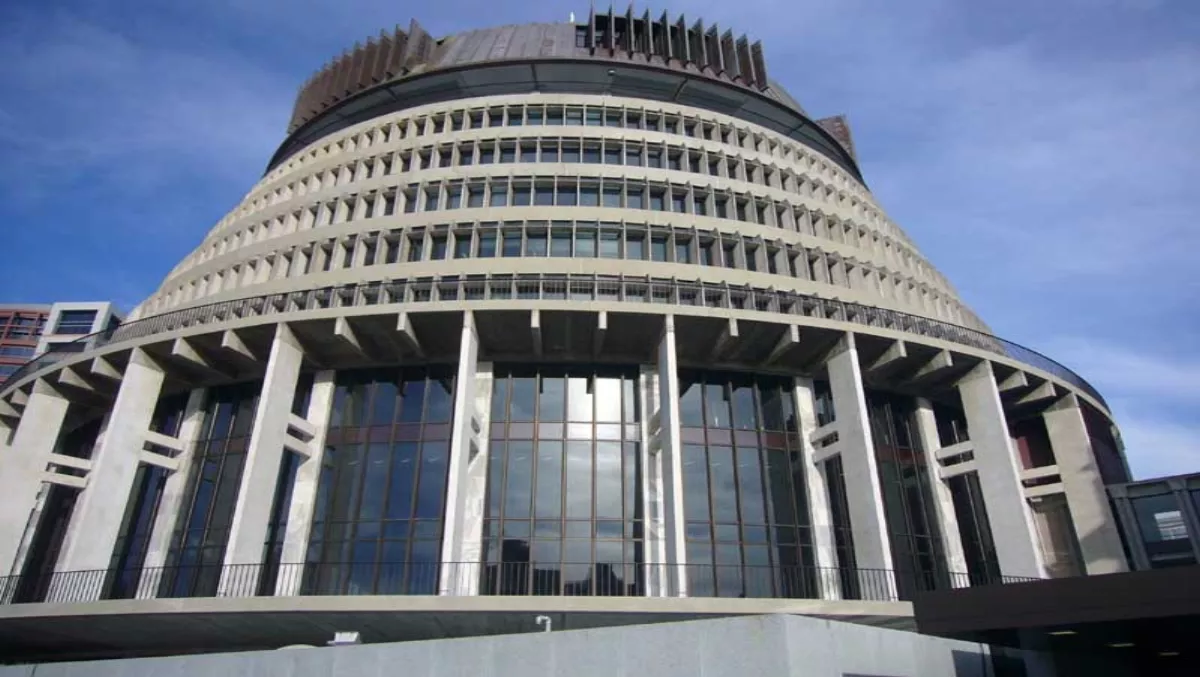
Fibre Watch: Driven to distraction
With the election looming, lobby group InternetNZ has swung into political mode.
The organisation says our politicians need a more cohesive plan for maximising the benefits of the Ultra Fast Broadband rollout, warning of the potential to increase the digital divide between urban and rural communities.
It also wants the country’s next prime minister to champion broadband from top, suggesting he (or she!) take on a new 'digital future' portfolio.
InternetNZ’s views - on everything from copyright law reform to environmental sustainability - are set out in a sharp little nine-page paper called ‘Future: Digital’ which can be downloaded here (PDF, 493Kb).
The paper is rich with sensible ideas for enhancing the country’s economic and social prosperity through better use of technology. Its suggestions aren’t new but it is heartening to see them packaged up in an easily digestible format.
‘Future: Digital’ has been published ahead of a political debate InternetNZ is hosting next week, featuring Communications Minister Steven Joyce, Labour ICT spokeswoman Clare Curran and representatives from other parties.
InternetNZ is a well-funded organisation, thanks to the multi-million dollar income it receives from .nz domain name registration fees. The organisation has its critics but it does good work, helping to fund worthy causes such as Netsafe and contributing to numerous other initiatives, a recent example being a high-definition video conference bridging service for Christchurch schools.
It’s appropriate for InternetNZ to be stoking the political fires on ICT issues ahead of the election but my concern is it may struggle to get much of a blaze going.
Looking back over the past three-year political term, the impression is National’s not-insignificant investment of $1.35 billion in the UFB has failed to excite the electorate. Any widespread enthusiasm for embracing fibre-based economic development has been smothered by having our collective attention focused on the Rugby World Cup, as well as the Canterbury earthquakes, Pike River, global financial mayhem, and now Rena.
As a result, UFB has failed to spark on both sides of the political divide. National hasn’t been able to convincingly sell the benefits of its broadband vision and at the same time Labour hasn’t been able to capitalise on the controversial way the scheme is being implemented.
Let’s hope things change and we get a bit more fibre added to the political diet over coming weeks as the electioneering intensifies.

